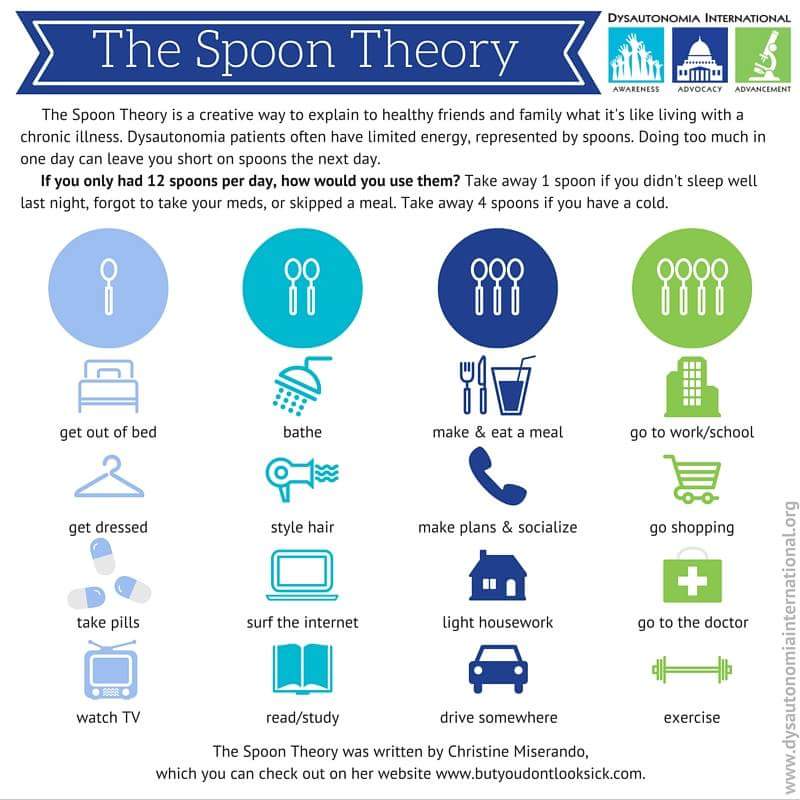fibromyalgia
living witb fibro in academia
In June 2019, right during the last stretch of my graduate studies, I was diagnosed with fibromyalgia. Fibromyalgia is a chronic condition that causes widespread pain and tenderness in the body's muscles, joints, and soft tissues (Häuser et al., 2015). It can also cause fatigue, sleep problems, cognitive difficulties, and brain fog. The exact cause of fibromyalgia is unknown, but it is believed to involve a complex interaction between genetic, environmental, and psychological factors (Clauw, 2014). For me, fibromyalgia feels like constantly having a hiking bag on my shoulders, neck, and back. The brain fog, or this hazy feeling in your brain that makes it hard to focus, also hits me from time to time. It makes things quite hard when trying to concentrate on meetings or on any academic task. A common way to explain how it feels to others is the "Spoon Theory", in which daily tasks consume certain amounts of spoons with the following catch: you don't start each day with the same amount, and doing too much can affect the number of spoons you have the following day (see below).
I was immensely lucky to find, at the right time, a multidisciplinary team with vast experience in pain management. After psychological therapy, kinesiological education, and the help of some prescriptions, I learned how to manage and have a more satisfactory life. Some lifestyle changes can also help reduce the severity of some symptoms. For example, there is evidence that some food additives, such as dietary glutamate (MSG), may have negative effects on some patients (Holton et al., 2012).
If you are in academia, struggle with fibro or some similar condition, and would like to chat about it, feel free to drop me a message at sozaparra [at] gmail [dot] com.

:max_bytes(150000):strip_icc()/fibromyalgia-symptoms-5aec9feceb97de003668abb7.png)